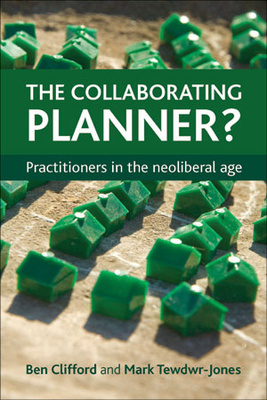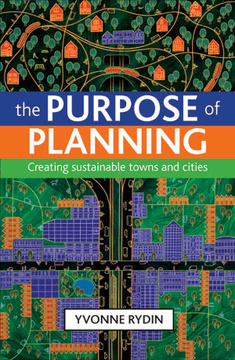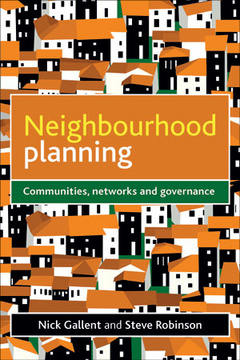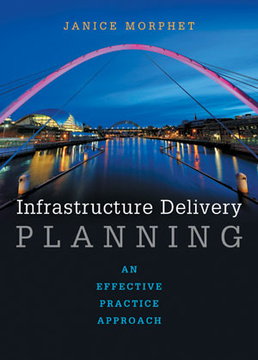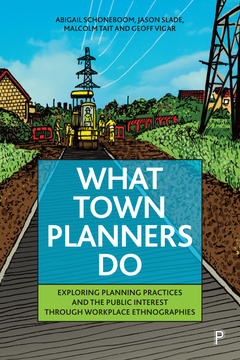The Collaborating Planner?
Practitioners in the Neoliberal Age
By Ben Clifford and Mark Tewdwr-Jones
Published
Jul 9, 2014Page count
304 pagesISBN
978-1447305101Dimensions
234 x 156 mmImprint
Policy PressPublished
Apr 24, 2013Page count
304 pagesISBN
978-1447305118Dimensions
234 x 156 mmImprint
Policy PressPublished
Jul 9, 2014Page count
304 pagesISBN
978-1447320418Imprint
Policy PressPublished
Jul 9, 2014Page count
304 pagesISBN
978-1447320425Imprint
Policy PressSince the turn of the 21st century, there has been a greater pace of reform to planning in Britain than at any other time. As a public sector activity, planning has also been impacted heavily by the wider changes in the way we are governed. Yet whilst such reform has been extensively commented upon within academia, few have empirically explored how these changes are manifesting themselves in planning practice.
This new book aims to understand how both specific planning and broader public sector reforms have been experienced and understood by chartered town planners working in local authorities across Great Britain.
After setting out the reform context, successive chapters then map responses across the profession to the implementation of spatial planning, to targets, to public participation and to the idea of a 'customer-focused' planning, and to attempts to change the culture of the planning. Each chapter outlines the reaction by the profession to reforms promoted by successive central and devolved governments over the last decade, before considering the broader issues of what this tells us about how modernisation is rolled-out by frontline public servants.
This accessible book fills a gap in the market and makes ideal reading for students and researchers interested in the UK planning system.
“Provides important contribution to understanding planning as a practice…valuable reading for both practitioners and researchers of planning and policy implementation” Lisa Olsson, Dept Urban Studies, Malmo University
"The authors very rightly note, new public management and neoliberalism seek to redefine and re-imagine professions like planning more along market lines. The ability to harken back to an early set of foundational principles offers planners other ways of legitimising their role. This book provides an engaging and compelling account of the functioning of these processes at the coalface of planning." Journal of Social Policy
"There is no other book that so effectively illuminates the politics of contemporary planning - from the ideological drift of neoliberalism to the hard decisions on planning's front line. It should be on the reading lists of every university course in planning, housing, property development and urban studies." Dr Geraint Ellis, Queen’s University Belfast
“In studies of the changing nature of planning, opinions are more common than empirical analyses. This is where Clifford and Tewdwr-Jones excel. In their rich and detailed exploration of the modernisation of planning they have produced an impressive account that adds to our understanding of change from the perspective of frontline planners.” Professor Phil Allmendinger, University of Cambridge
Ben Clifford is Lecturer in Spatial Planning and Government at the Bartlett School of Planning, University College London. His research focuses on the British planning system, policy, governance and questions of Government.
Mark Tewdwr-Jones is Professor of Town Planning at the School of Architecture, Planning and Landscape at Newcastle University. He is an expert in planning, the politics of the city, and land use.
Introduction: planning at the coalface at a time of constant change;
Conceptualising governance and planning reform;
The planner within a professional and institutional context;
Process: implementing spatial planning;
Management: the efficiency agenda, audits and targets;
Participation: planners and their ‘customers’;
Culture: the planning ‘ethos’;
Conclusions: the importance of planning’s frontline.







